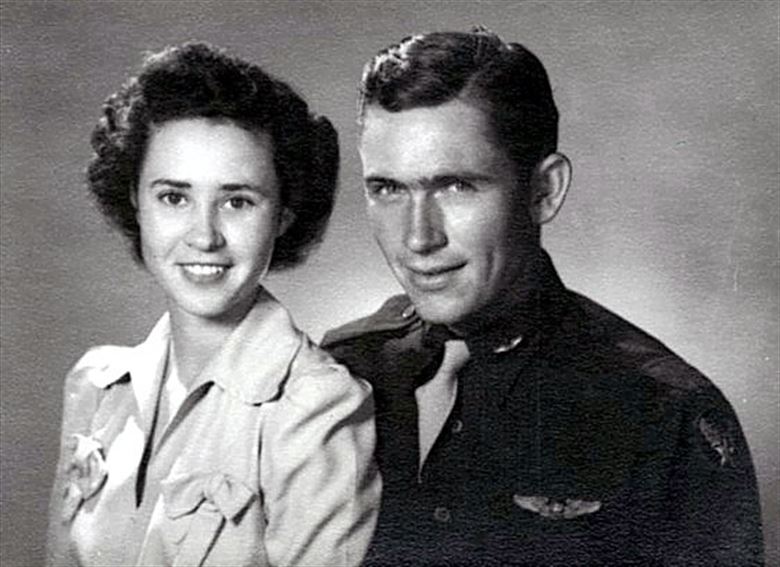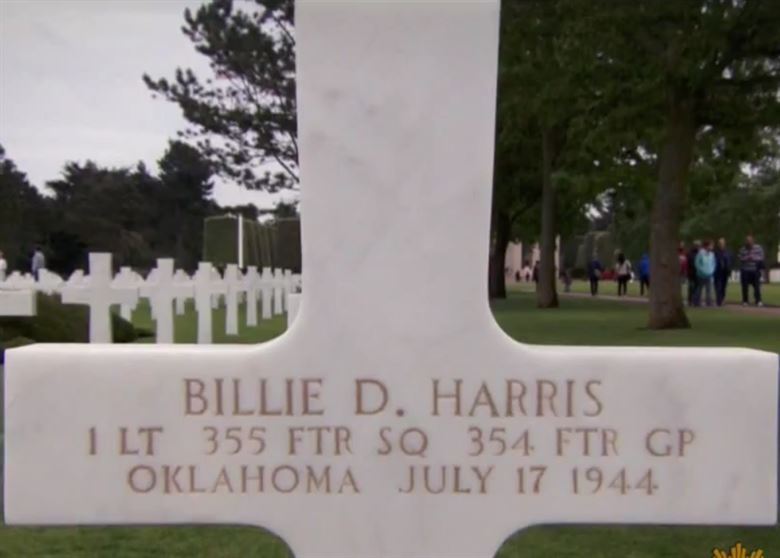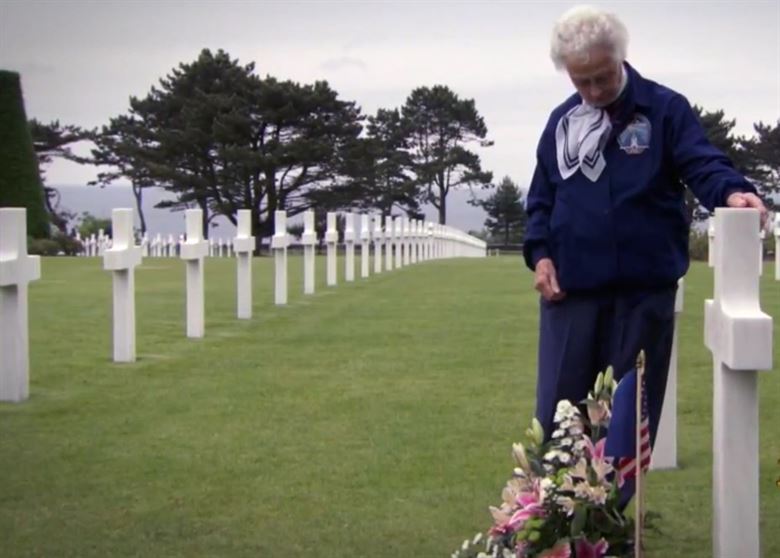Memorial Day And Love Lost
For many of us, the coronavirus shutdowns mean being separated from loved ones, and most of us are longing for a return to the social activities we once enjoyed.
But our inconveniences and hardships pale by comparison to the ordeals faced by those whose relationships were torn apart by war. Since 1775, the U.S. has lost 1.36 million of its people to warfare. And while the vast majority were young men, most of them left behind family, a lover, a fiancé, or a wife and children.
Here are a few snippets of wartime correspondence bearing testimony of the sacrifices made.
At the age of 23, Frank M. Elliott left Georgetown University to join the U.S. Army in 1943. From England, he writes to his wife:
May 6, 1944
Dearest Darling,All day I have been fighting the feeling which has been dominating me of late. I keep continually thinking of home and longing for home in the worst way. All your letters of how beautiful my daughter is becoming by the day. The realization that I am missing all these months and years of her formative growth is actually gnawing at my heart. . . .
I love you, Frank
Pauline “Polly” Elliott, 24, answers from the couple’s home in New Castle, Pennsylvania. They had a little daughter, DeRonda “Dee”.
May 28, 1944
Darling—
Here it is Sunday again — Sunday night. I think this is the most lonely time of the whole week for me. I am so darn lonesome for you, Frank darling. Oh I’m not the only one and I know it — there are millions just like me, wishing with all the strength of their hearts and minds for the return of peace and loved ones. — Dee is sleeping on this Sunday night, and the radio is playing old and beautiful music — and I am thinking of the Sunday nights to come when you will be listening to such music with me. — Took Dad to a ball game today — Dee went along — maybe she’ll learn to like baseball as well as her Daddy does — I’ll bet that she will.
I adore you, Polly
A week later, she writes to him:
June 5, 1944
Darling,
. . This is a beautiful summer evening, darling. I am sitting at the kitchen table (and not even noticing the noise of the refrigerator) from which place by merely lifting my head and looking out the window I can gaze upon a truly silvery, full moon. It’s beautiful, dear — really beautiful, and it has succeeded in making me very sentimental. I had begun to think that I was becoming immune to the moon’s enchantment — so often I have looked at it without you and to keep myself from going mad told myself “It’s pretty, yes — but, so what?”. . . That’s not the way it really is though, darling — the sight of that shining moon up there — the moon that shines on you, too — fills me with romance — ; and even though it’s just a dream now, it’s a promise of a glorious future with one I love more than life. The darned old moon keeps shining for us, darling — and even as it now increases that inescapable loneliness, it also increases my confidence in the future. I truly love you . . .
Frank M. Elliott was killed the next day, June 6, 1944 (D-Day).
Here’s a letter written by a girl from Boston:
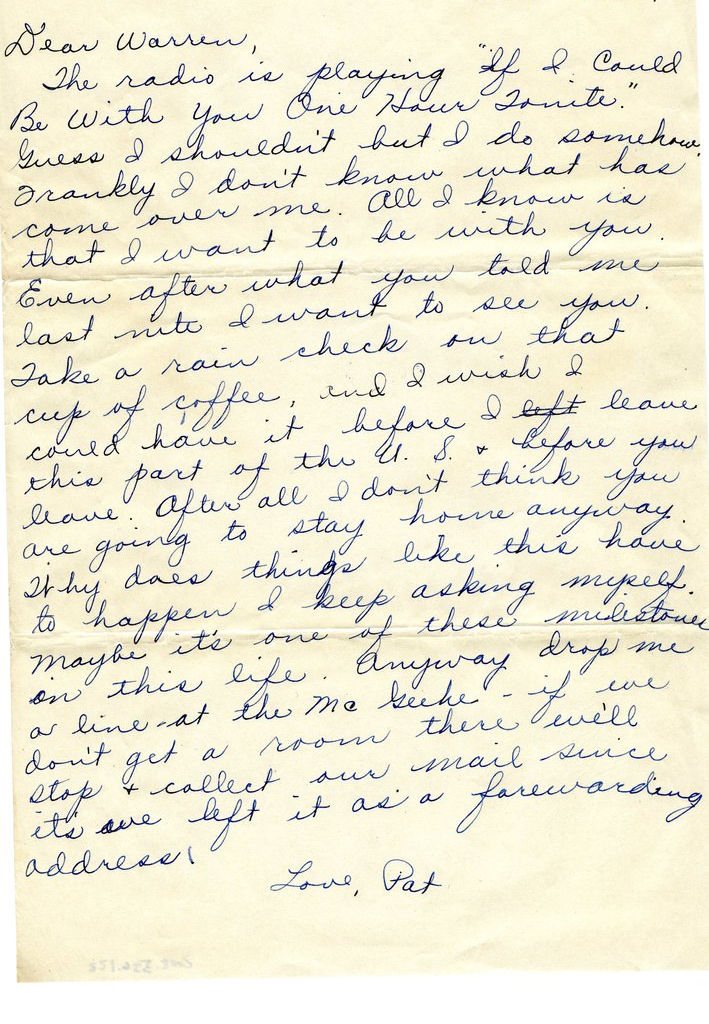
A letter from Barth, Germany, dated May 10, 1945:
Sweetheart,
At last I can write you and say just what I please. I don’t know whether this will reach you before I get home, but it’s worth taking the chance. You cannot realize the joy I have experienced at being liberated, and the prospects of being with you soon. The Germans pulled out of here on April 30th, and we took over. The Russians arrived on May 2. Since then we have been impatiently waiting to get out of here…
…It has been a long time and you have not been out of my thoughts for one minute. I’ll close now, sweetheart, hoping and praying that we will be together very soon for all time. I love you with all my heart.
Your loving husband,
Arnold
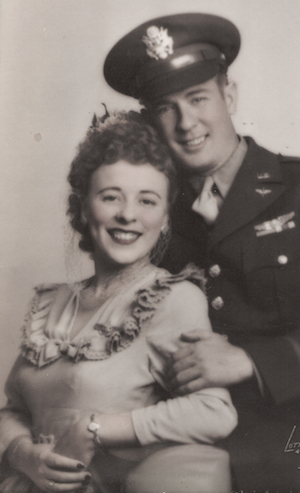
Lieutenant Arnold L. Gray and Hazel J. Gray were reunited and lived a happy life after the war.
Here’s an excerpt from a letter written by 23-year-old Lt. Richard G. Fowler, a U.S. Army Air Forces navigator from Minnesota, to his wife Cornelia.
May 25, 1944
My darling Cornie —
This is my first letter to you in almost five weeks! And I’m writing it not knowing when I’ll be able to mail it, since believe it or not, I’m behind enemy lines.
Fowler’s B-24 bomber had been shot down over the Balkans. 8 crewmen where killed, but Fowler and another man were able to bail out on parachutes.
When I was certain the chute was open, I looked up and saw the white silk billowing and swaying in the wind. It was very quiet and you have no sensation of falling until you near the ground—just floating in space. My face and right hand had been burned quite badly and hurt like the very devil. A thousand thoughts ran through my head as I was falling. It took about ten minutes before I hit the ground so I did have time to think. First of all I wondered what you would think not hearing from me for a long time—I was quite certain I would be captured by the Germans and taken to a prison camp in Germany.
Lt. Fowler survived the war and was eventually reunited with his wife. Many other families were not so lucky:
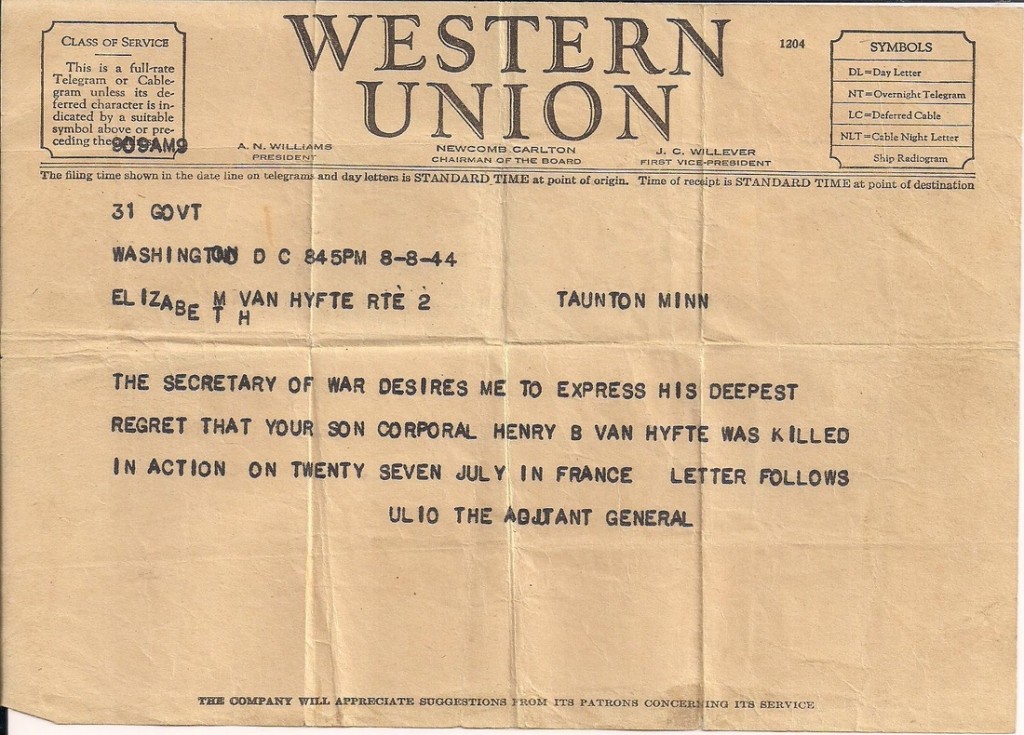
This Memorial Day, let’s also consider those whose hopes for love and happiness were crushed and destroyed when war took the love of their life, never to return, leaving behind a void never to be filled.
Reinhard Kargl is a journalist and media professional with a special interest in WW-II history.






